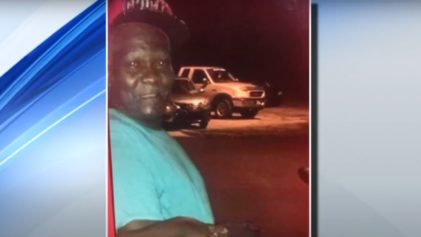Alabama-based attorney Eric Welch Guster says many police officers are “thugs with badges” and in an interview with News One the attorney provides advice for African Americans who encounter law enforcement to stay safe and protected.
One of Guster’s most useful tips is for people to take out their cellphones and put them on record when they get pulled over by police.
“The best weapon is a smartphone—they can be used to record incidents and interactions with police,” Guster said. “I suggest that people put their phone on record when they are pulled over by police. The phone will record the interaction and allows them to have a record of what happened. Although video is better, oftentimes audio is good enough to prove what was stated and what probably happened in reference to the physical altercations.”
Guster said he is particularly bothered by the new immigration laws being passed in Arizona and much of the South because of the potential for racial profiling to be used by the police in pulling people over.
“The immigration laws allowing officers to ask people about their immigration status, [this] increases the possibility of illegal stops, meaning profiling,” Guster said. “Police will conjure up reasons to stop someone. We have all heard of the broken tail light. There is always a headlight out, no seat belt, speeding, etc., which can give them a reason to pull you over. However, you can always tell them to not search your vehicle. They must have probable cause to do that.”
Guster said he advises young people to put their hands on the steering wheel when they are stopped to reduce any possibility of the cops feeling threatened.
“There are some rogue cops out there, but we must also remember that there are some good ones who try to do their jobs,” Guster said. “They are in a position of approaching someone, and they don’t know the mind-set: if that person wants to cooperate or hurt or kill them. Also, I tell them to be courteous to the officer, even if they think the officer is wrong. The place to battle a bad stop is not on the side of the road, but in the courtroom when you have a lawyer with an even playing field to do battle. On the side of the road, in the alley, or on the corner, it is not even. The person with the gun has the upper hand and can do some bad things to you.”


